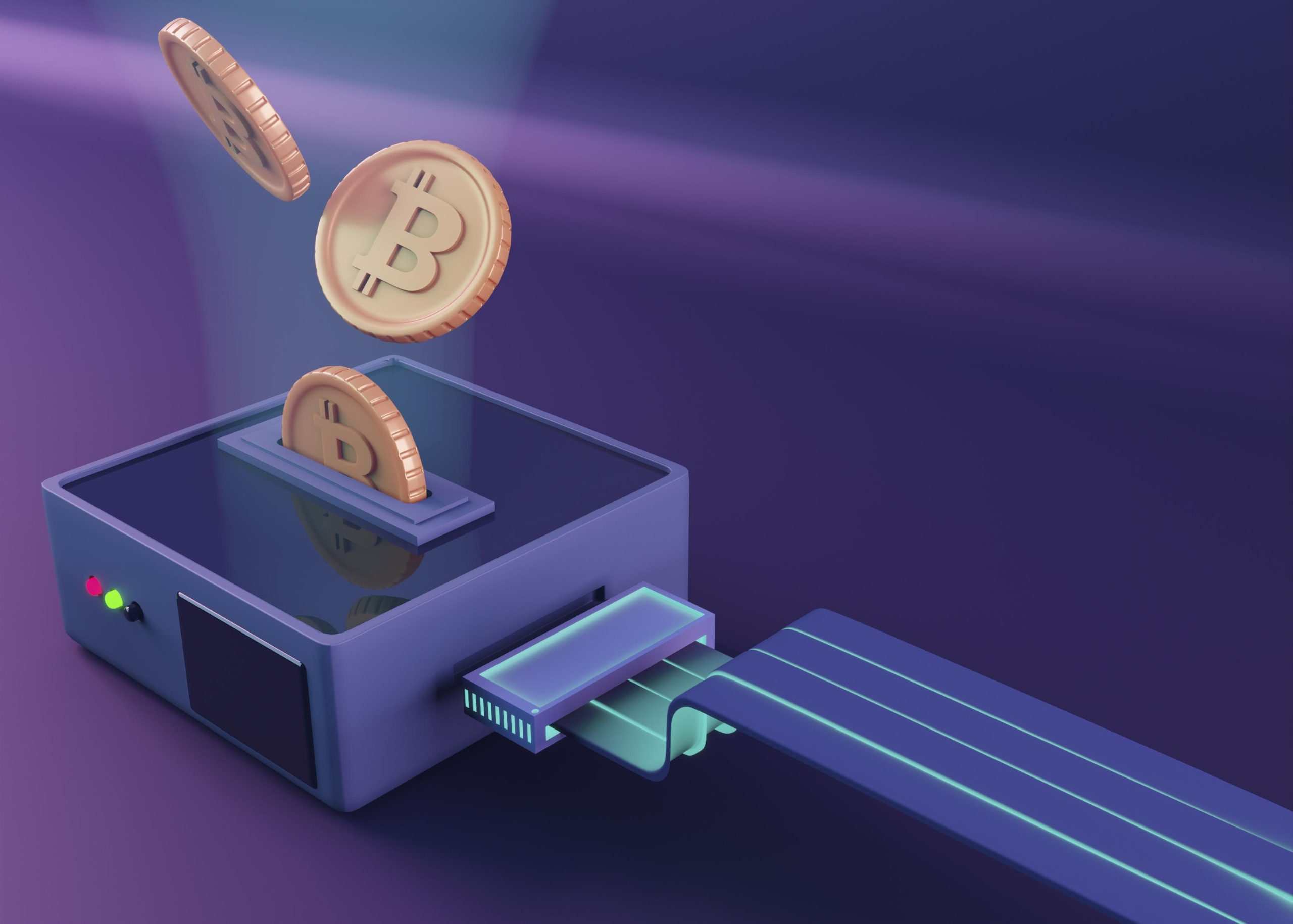Dencun addresses Ethereum’s consensus and execution levels in a single update by combining Deneb and Cancun, two distinct upgrades.
The update, which is officially referred to as a hard fork in the blockchain world, began at Ethereum epoch 269,568 at 1:55 PM UTC and ended at 2:10 PM. The update is expected to improve Ethereum’s scalability and drastically reduce the transaction fees of layer-2 solutions.
Enhancing the consensus layer—which deals with how network users agree on the current state of the blockchain—is the goal of the Deneb upgrade. Conversely, Cancun enhances the management and processing of transactions at the execution layer. Almost a year has passed since the April 2023 Shanghai update that allowed Ether (ETH) holders to unstake ETH, which was locked into the network.
Ethereum developers have had to take corrective action due to the platform’s rising gas costs. Gas rates on L2 solutions continued to be a barrier to their wider adoption, even while layer-2 solutions gave Ethereum a way to scale by handling transactions off the main chain.
Proto-danksharding, unveiled by Dencun, will help L2 networks like Optimism, Arbitrum, and Polygon, among others. Proto-danksharding, the main component of Dencun, aims to drastically reduce the cost of layer-2 transactions, opening the door for enormous scalability gains on Ethereum. It’s also crucial to remember that the Ethereum roadmap no longer includes shard chains.
As a first step toward full danksharding, proto-danksharding allows layer-2 solutions on Ethereum to temporarily store large amounts of transaction data off-chain, such as in a storage locker. This lowers fees for L2 solution users by freeing up the main Ethereum network for crucial transactions.
Importance of the Dencun Ethereum Upgrade
Even though Ether’s price dropped after the upgrade, Dencun is thought to be a big step in the right direction towards fixing Ethereum’s scalability problems.
Dencun opens the door to an Ethereum ecosystem that is more accessible and reasonably priced. It is significant for a number of reasons, including:
Lower Costs for Layer-2 Solutions
Dencun presented a layer-2 scaling method based on Ethereum that lowers transaction costs. Before sending transactions to the main Ethereum blockchain, these layer-2 networks package them together to save costs. Proto-danksharding, the main feature of Dencun that is suggested by EIP-4844, allows layer-2s to maintain certain transaction data off-chain, which reduces their costs.
Stepping Stone to Danksharding
Although Dencun’s proto-danksharding does not implement sharding per se, it does provide key concepts required for full danksharding, the ultimate Ethereum sharding solution. In order to manage large amounts of data and lower costs, it implements “blob transactions” with off-chain storage. Cryptographic algorithms also make it possible to efficiently verify this off-chain data.
Possibility of Enhanced Adoption and a Competitive Advantage
Because layer-2 solutions on Ethereum have much-reduced transaction fees, users will find them more appealing. This could result in a wider adoption of Ethereum for a variety of applications, including decentralized finance (DeFi) and nonfungible tokens (NFTs). Furthermore, lower fees for layer-2 solutions show how Ethereum is always changing and keeps its competitiveness with other blockchains.
Improved Experience for Developers
Dencun streamlines transaction handling and consensus procedures. As a result, building and implementing decentralized apps (DApps) on Ethereum might be easier for developers. An easier development procedure could lead to more creative projects being developed on the Ethereum network.
Enhanced Protection Using EIP-4788 and EIP-6780
While the main focus of the Dencun upgrade was not security enhancements, it does contain a number of improvements to enhance Ethereum’s













Leave a Reply